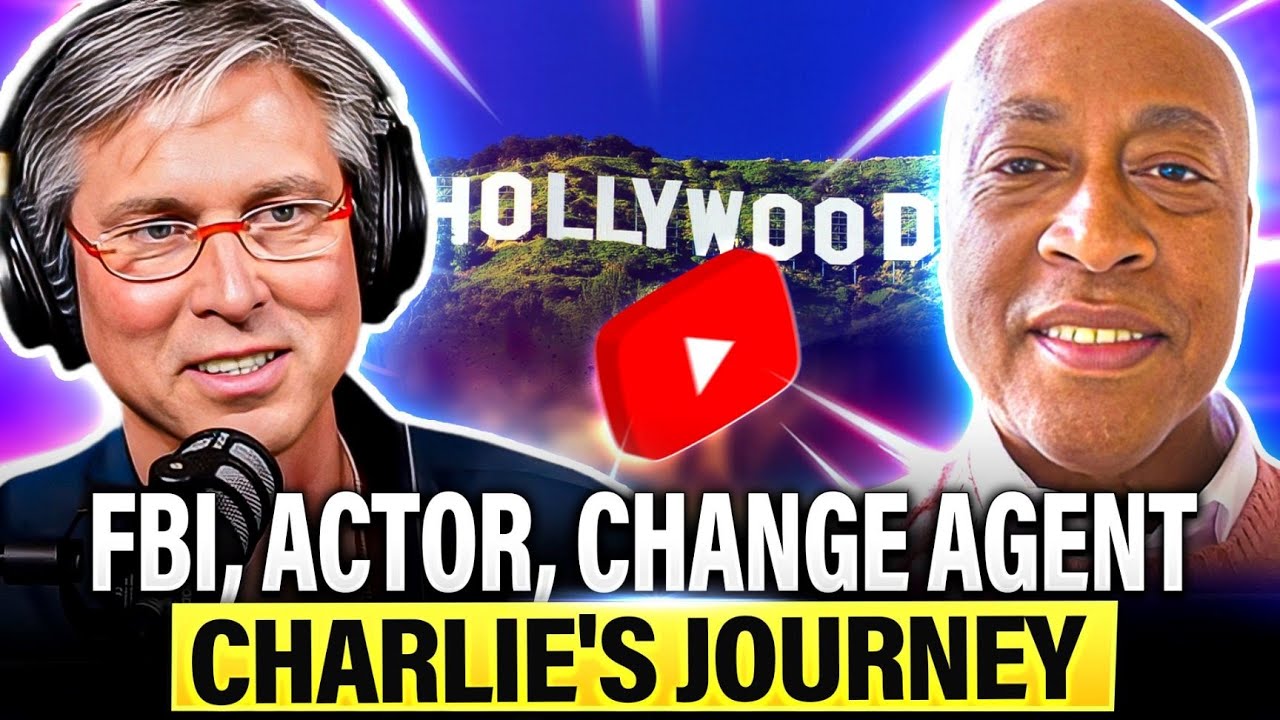Picture this: a young boy standing on the cracked pavement of a New Haven project, surrounded by the sounds of sirens and the chatter of a community in turmoil. That boy was Charlie Grady, and even at a young age, he felt the weight of his family’s legacy pressing down on him. His father, a deputy chief of police in West Haven, and five uncles who wore the badge instilled in him a deep sense of duty. Growing up with such strong role models, it was hard not to feel the pressure to live up to their expectations, to avoid any actions that might bring shame to the family name.
This sense of responsibility shaped Charlie’s view of the world, especially as he navigated the challenges of his environment. But it was during this time that Charlie began to grapple with the complexities of his upbringing. While his family represented law enforcement, he was acutely aware of the potential for criminal activity and addiction lurking just beyond his doorstep. The projects were rife with troubled individuals, and Charlie felt the societal pressure of being a role model in a community where many looked up to him.
Instead of falling into the trap of judgment, he chose to see these individuals as people in need of help rather than just bad actors. This perspective became a cornerstone of his identity, guiding him through the tumultuous waters of adolescence. As Charlie transitioned into adulthood, he found himself straddling two worlds: that of a public affairs specialist for the FBI and an accomplished actor with over two decades of experience. This duality offered him a unique vantage point.
He realized that communication and community engagement were vital in both fields. He often reflected on the importance of understanding others, especially those who had been justice impacted. Through his work, he sought to bridge the gap between law enforcement and the communities they serve, emphasizing that change begins with compassion and connection. Charlie’s passion for uplifting others became particularly evident when he founded Hang Time, an organization dedicated to supporting the justice impacted community.
His initiative, the Hall of Change, aims to recognize individuals who have successfully reintegrated into society after being justice impacted. He talks about it with a spark in his eye, expressing his desire to expand this initiative nationwide. In his own words, he believes in the power of hope and understanding, and he wants to share that belief with others who have faced similar struggles. Reflecting on his journey, Charlie acknowledges the pressures that come with being raised in a law enforcement family.
Yet, instead of letting those pressures define him, he embraced them as motivators to do better. He learned to appreciate the nuances of life, understanding that every person has a story. This experience has shaped his mission to advocate for those who often feel voiceless, reminding us all that change is possible when we approach each other with empathy.
As we often learn, our backgrounds do not have to dictate our futures. Charlie Grady exemplifies this idea, transforming the weight of his family legacy into a force for good. His story is a reminder that while our environments may present challenges, it is our choices that ultimately define us. Through his work, he is actively creating a space where understanding and compassion can thrive, proving that even in the most difficult circumstances, we can choose to uplift and empower others.

